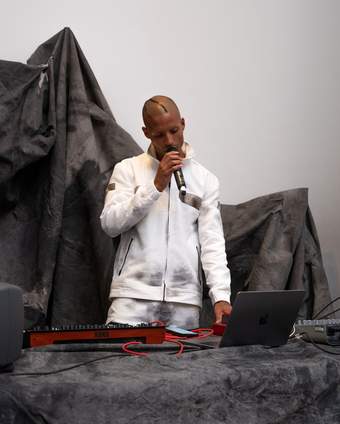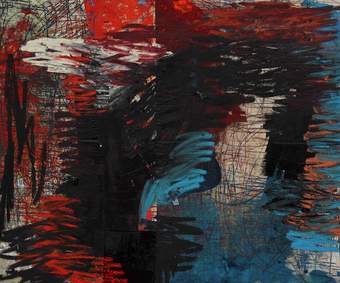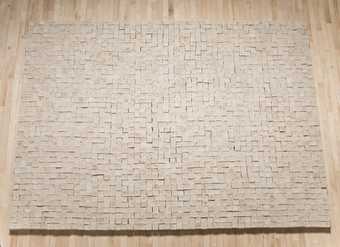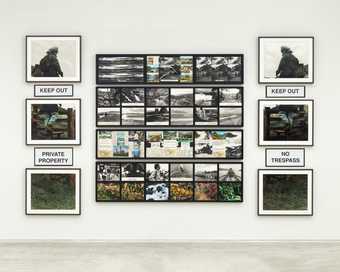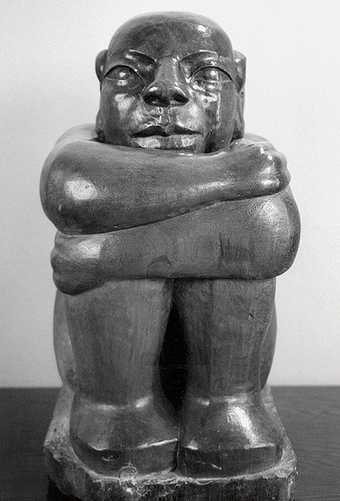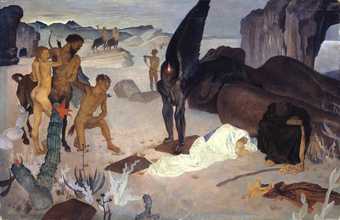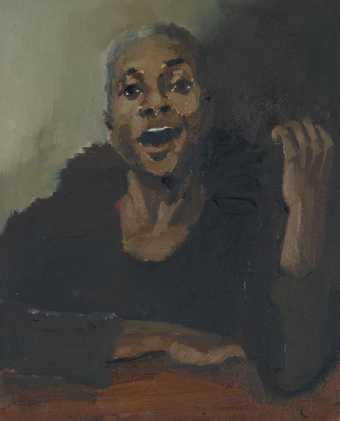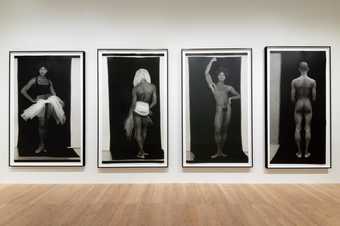ALL EMPIRES, AS ALL THINGS MUST, WILL EVENTUALLY ROT AND DECAY.
Chapter 1:
Year 1500, Norman England
ItŌĆÖs 1500, Norman England, Feudal rule. The great council has recently been replaced by the Parliament of England leading to greater civil liberties. If youŌĆÖre male, over 21 and own land you have the chance to influence the decisions in the country via a vote.
If youŌĆÖre not, you donŌĆÖt. It wonŌĆÖt be until 1774 that Ignatius Sancho votes in Britain - the first known British African to have done so.
Standing where we are right now, weŌĆÖre surrounded by water. YouŌĆÖre wading through it.
For the Thames is much wider than you might be used to. So much shallower too.
YouŌĆÖre in Westmynstre, just under 2 miles away from London - the newly established capital of England whose city wall stretches just beside St Pauls Cathedral. Westminster will be absorbed into the city in around 1786.
YouŌĆÖre surrounded by marsh land. ItŌĆÖs infested with mosquitos, you hear them, donŌĆÖt you? Between the sway of reed and gentle flow of the river between the Flood Plains.
4,000 miles away the Caribbean has recently been claimed by Columbus and is soon to be irreparably damaged by European colonialism and the plantation system being established. Fellow inmates from this very spot will be sold into the system of webs connecting Africa, The Caribbean, Australia and the United Kingdom. The very systems which funded the building of the Tate Britain galleries.
Chapter 2
Year 1651, Stuart England
ItŌĆÖs 1651 Stuart England and the smell of boiling bones fills the air as the production of glue is heavy under-way. YouŌĆÖre surrounded by the walls of Tothill Fields Bridewell Penitentiary. A space for those criminally inclined. The population of the prison has drastically swelled as 4,000 defeated Royalists are being temporarily imprisoned - held here - ahead of their being sold into a system of enslavement and trafficking. Sold to merchants trading in Africa and the West Indies.
The land youŌĆÖre standing on, claimed from the flowing river maintains a current. Continued to be a place in motion. No longer a natural, gentle flow. Violently expelled and without mercy for some. For others, inhumanely kept and degraded. A final destination, no escape but dying.
Forced migration, trafficking, enslavement
WhatŌĆÖs the worth of a human body? To toil?
Reduced to a provider of physical labour for the profits of a few.
The first full society of enslaved people was a recent English infliction on the island of Barbados, though chattel slavery has been established for nearly 20 years, and the enslavement of Africans on Sugar plantations has been enforced for over 100... The population of an entire continent regarded as no more than providers of labour, produce and wealth for Europe.
Over and beyond this period systems and structures of extraction and racialised prejudice are being implanted and engrained through many mediums. Art and visual representations of British colonies included.
4,000 miles away. Sugar plantation. Sweet sticky air. Blood sweat and tears.
Blood sweat and tears here, too. We see the bodies dropping.
Diseased and dying.
Chapter 3:
Year 1869, Victorian England:
ItŌĆÖs 1860, Victorian England. YouŌĆÖre now in London, as Westminster has been recently absorbed into the city.
Around 200 miles away Henry Tate, founder of the Tate Gallery, has gone into partnership with John Wright, a sugar refiner based on Manesty Lane, Liverpool. It will be another 20 years until the London-based Silvertown refinery opens. But profits are beginning to be made off the backs of formerly enslaved Caribbeans which later leads to the acquisition of this very land.
But you are here. Millbank Prison has been built around you. A failed Panopticon. A failed model prison. Having replaced Tothill Fields Bridewell Penitentiary and establishing itself as the largest prison in Europe. Deemed unfit for holding prisoners long-term due to its state of degradation. A state of Limbo. YouŌĆÖd have spent around 3 months here before being exiled to Australia along with tens of thousands other convicts over the years. The next stage would be transportation via the dreaded prison ships. Getting off lightly when compared to the sentence of death by hanging, or possibly not..
You could be here for many reasons, most likely theft of some kind. Crime produced a constant stream of free labour for Britain to expand and build its colonies. Since the Slave Trade act was introduced in 1807 and the Slave Abolotion Act in 1833 these streams needed to be maintained somehow. And who knows, after serving your sentence in Australia you may end up becoming quite the successful settler. A life better off, perhaps, than the city Slums of England.
Chapter 4:
Year 1948, Post-War England
ItŌĆÖs 1948 post-war Britain. YouŌĆÖre now standing in the newly renamed Tate Gallery.
Formerly the National Gallery Millbank and the National Gallery of British Art before that.
The gallery is preparing for an upcoming exhibition titled Contemporary South African Paintings, Drawings And Sculpture which will open in September this year.
The city of LondonŌĆÖs population has been overtaken by New York, with many people leaving the city in search of greener spaces. At the same time, the British Nationality Act was passed, granting citizenship to the colonies. Not far down the Thames, in Tilbury, the Empire Windrush has docked, carrying one of the first large groups of post-war Caribbean folk, later to be known as the Windrush Generation.
This is the beginning of an influx of emigration from the Caribbean of people who would start to fulfil the role of workers needed to help with the post-war reconstruction of Britain.
The gallery has survived a major flood and two World Wars since its opening in 1897. The room youŌĆÖre in is part of the original building containing just 8 rooms and 245 pictures, before being extended drastically to over double its original size. The environment around you is now much more familiar to what you might be used to. And extremely far from what it had been just 100 years earlier.
But to what extent is there, in fact, an overlap? Not in extremity of deprivation, but in intent. To time travel a bit and quote Shimrit LeeŌĆÖs Decolonise Museums:
ŌĆ£The museum was considered an instrument towards such ends--a space of learning and personal growth for the working class that could counteract "the corrupt influences of the saloon and the race-track," as Boas put it. In this way, the museum served a similar function as the prison. Both were holding spaces-of objects and bodies, respectively-as much as they were highly surveilled institutions that promised personal salvation and rehabilitation.ŌĆØ
Perhaps this site holds fragments of its memories, unable to fully shake off its history?
Chapter 5:
Today
YouŌĆÖre back in 2024, but itŌĆÖs not quite the same as it was... YouŌĆÖre no longer the same.
I invite you to look around again with new eyes and a new understanding. Can you see what I have seen? Unearthed place memories haunt these walls, the ground beneath our feet.
As with the majority of haunted places, Millbank is a place that has, in many ways, become somehow infected by what has happened within it.
